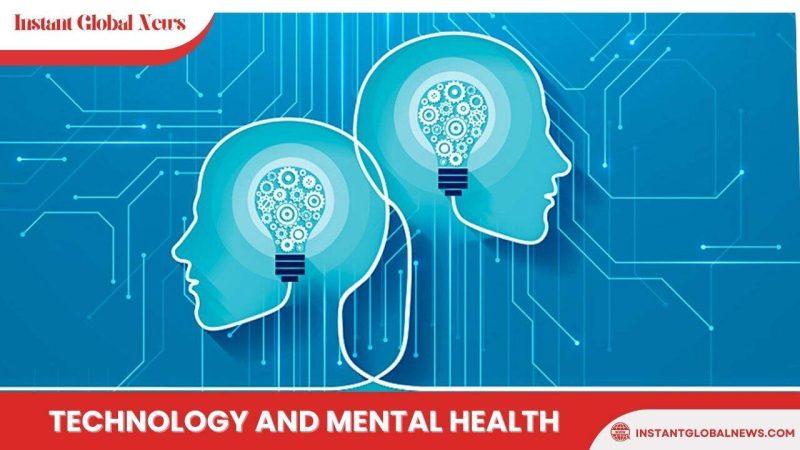
Wearable technology is transforming the healthcare industry with its innovative applications. In a recent literature review, researchers explored the various ways in which wearable devices can be employed in healthcare. From disease prevention and management to patient care improvement, wearable technology is making a significant impact. Let’s delve into some of the key findings of this study.
The Potential of Wearable Devices
Wearable devices have revolutionized the way we monitor human activities, physiological parameters, and behaviors. These devices, ranging from watches and clothing to skin-attachable sensors, allow for continuous data collection. Vital signs such as heart rate, blood pressure, body temperature, and blood oxygen saturation can now be easily measured and analyzed. Wearable devices can be attached to everyday items like shoes, eyeglasses, and clothing, enabling seamless data collection and transmission via smartphones to remote servers for analysis.
Prevention of Diseases and Maintenance of Health
Wearable technology has made significant strides in disease prevention and health maintenance. For instance, wearable devices can be instrumental in fall prevention among older adults. Falls are a significant concern for the elderly, and wearable devices equipped with accelerometers and classification algorithms can detect walking patterns that could lead to falls. These devices have shown promising results in research settings, with high accuracy rates in identifying fall events.
Wearable devices are also being used to monitor physical activity, language patterns, and mental status. They can provide real-time feedback to improve student posture, enhance mother-child communication, and detect stress patterns in children. Athletes and coaches are using wearable devices to monitor functional movements, workloads, and heart rate, maximizing performance and reducing injuries. Moreover, wearable devices are emerging as effective tools for weight control, enabling individuals to track their physical activities and assess activity intensity and calories expended.
Patient Management
Wearable technology is revolutionizing patient management in hospitals. These devices have the potential to provide continuous monitoring of patients, detect health imbalances, and enable remote access to healthcare professionals. Wearable devices equipped with sensors enable healthcare providers to monitor patients’ vital signs and physiological conditions continuously. This allows for early detection of health risks and prompt intervention. Furthermore, wearable devices support mobility in patients and empower individuals to actively participate in their self-management.
Disease Management
Wearable technology plays a critical role in disease management, specifically in the field of cardiovascular health. Wearable devices that monitor cardiovascular activities enable mobile health applications in cardiac patients. In addition to cardiovascular health, wearable devices are being used to monitor blood disorders, diabetes, Parkinson’s disease, autism, depression, and more. These devices provide valuable insights into disease diagnosis, treatment interventions, and disease severity assessments.
Challenges and Future Trends
While wearable technology has tremendous potential, several challenges must be addressed to enhance its usability and functionality. User acceptance, security concerns, ethical considerations, and big data management are among the key challenges faced by wearable technology. Researchers and developers must prioritize user preferences, ensure secure data transmission, address ethical issues, and improve data management strategies.
In the future, wearable technology will continue to evolve and bring about significant advancements in healthcare. Interoperability, the development of new devices for accurate readings, and the integration of artificial intelligence (AI) are among the future trends in wearable technology. The integration of wearable technology with AI can enable accurate predictions, personalized interventions, and real-time monitoring.
Wearable technology is transforming healthcare by providing innovative solutions for disease prevention, patient management, and disease management. As technology continues to advance, wearable devices will play a crucial role in improving patient outcomes and revolutionizing healthcare delivery.
Read the full research article on Instant Global News.



